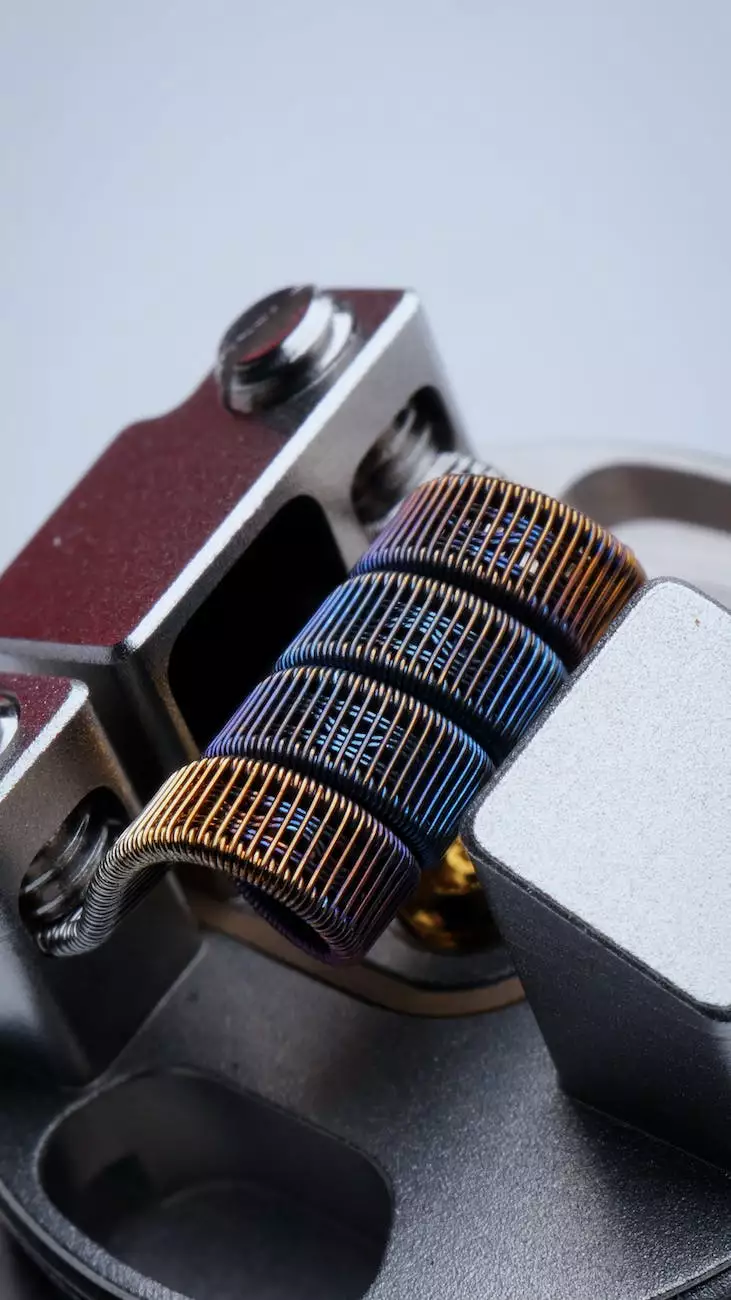Effective Strategies for Storing Electronic Components

Introduction
Welcome to QF Automation, your reliable partner in the electronics industry. As a leading provider of IT services and computer repair, we understand the importance of effective strategies for storing electronic components. In this comprehensive guide, we will explore various techniques and best practices to ensure the safety and longevity of your valuable electronic components.
The Importance of Proper Storage
Proper storage of electronic components is crucial to maintain their functionality and prevent damage caused by environmental factors. Whether you are dealing with delicate microchips or complex circuit boards, following the right storage practices will help you minimize the risk of component failure and extend their shelf life.
Temperature and Humidity Control
One of the key factors to consider when storing electronic components is temperature and humidity control. High temperatures can cause solder joints to weaken, while excessive humidity can lead to moisture damage and corrosion. It is recommended to store your components in a controlled environment, where the temperature is maintained between 20-25 degrees Celsius and the humidity level is below 60%.
Investing in Climate-Controlled Storage
If you deal with a large inventory of electronic components, investing in a climate-controlled storage facility can provide an added layer of protection. These specialized storage units offer precise temperature and humidity control, ensuring the optimal conditions for your components. The expense of such a facility is justified by the peace of mind it brings, as you can store your components with confidence.
Avoiding Electrostatic Discharge (ESD)
Electrostatic discharge (ESD) poses a serious threat to electronic components, as it can cause immediate or latent damage. Proper ESD precautions should be taken during handling and storage to prevent costly damage to sensitive electronic parts. Here are some recommended practices to avoid ESD:
- Use ESD-safe packaging materials, such as antistatic bags and foam, to protect components during transit and storage.
- Wear anti-static wrist straps and gloves when handling electronic components.
- Ensure ESD-safe workstations with grounded mats and proper grounding techniques.
- Store components in conductive shelving or cabinets designed to dissipate electrostatic charges.
Organized and Labelled Storage
Maintaining an organized storage system is essential for efficient inventory management. Properly labelling electronic components with accurate details, including part numbers and date of purchase, enables quick and easy identification. Consider implementing a standardized storage classification system to locate components promptly when needed, reducing downtime and increasing productivity.
Choosing the Right Storage Containers
Durable storage containers and bins play a significant role in protecting your electronic components from physical damage and dust accumulation. Use containers that are designed specifically for electronic component storage, with features such as anti-static properties and adjustable compartments to accommodate different sizes. Additionally, opt for containers with clear lids, allowing you to identify the components without opening each box.
Periodic Inspection and Maintenance
Implementing a regular inspection and maintenance schedule is essential to identify and address any issues that may arise during storage. Here are a few key steps to consider:
- Periodically check the storage environment for temperature and humidity variations.
- Inspect containers for signs of physical damage, such as cracks or broken hinges.
- Verify the labels are visible and accurate, updating information as needed.
- Clean containers and shelves to remove dust and debris that may accumulate over time.
Conclusion
Proper storage techniques are vital to ensure the longevity and functionality of your electronic components. By following the strategies outlined in this article, you can safeguard your valuable inventory and minimize the risk of component failure. QF Automation is committed to providing expert IT services, computer repair, and industry-specific knowledge to support businesses in the electronics sector. For all your electronic component needs, contact QF Automation today and benefit from our extensive experience and comprehensive solutions.










